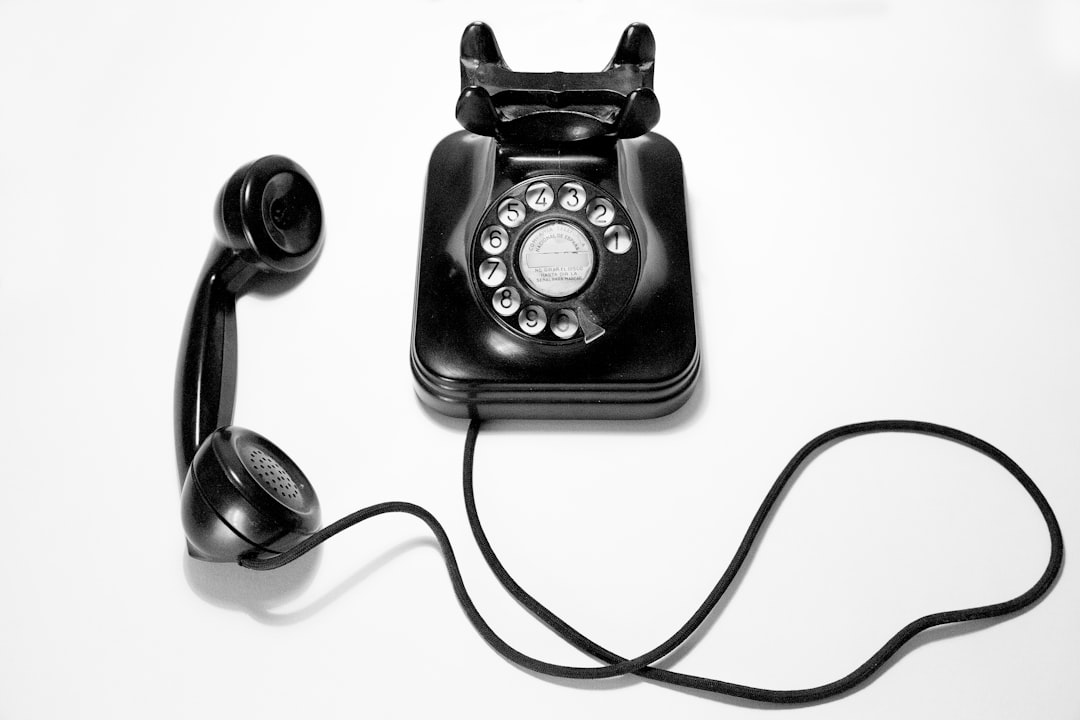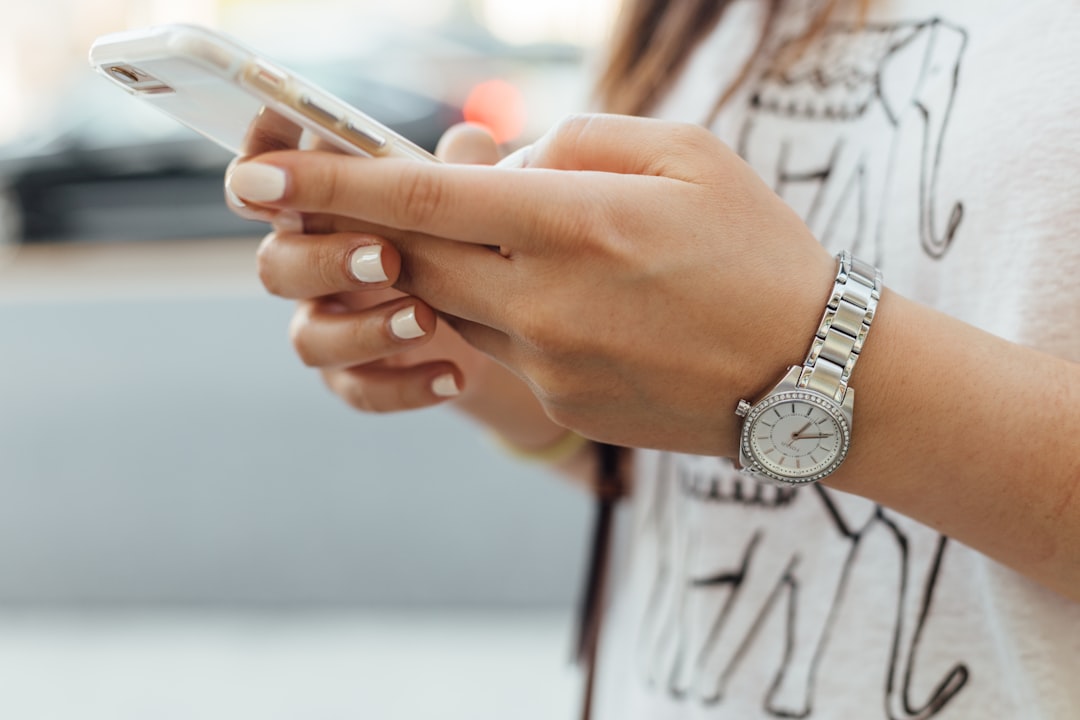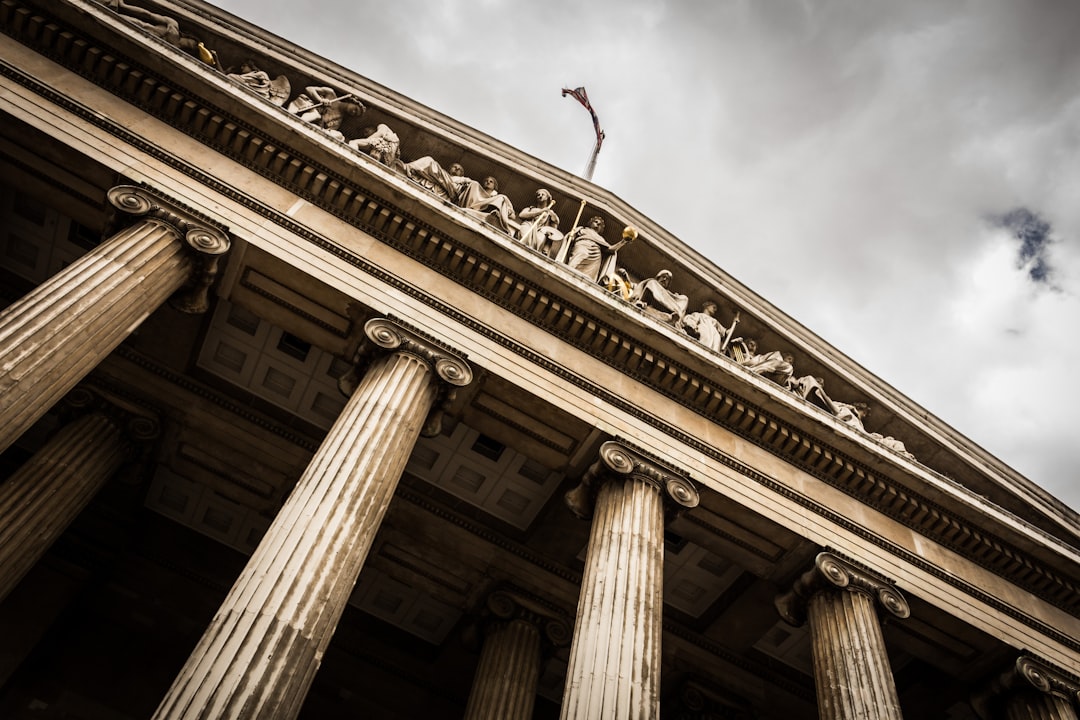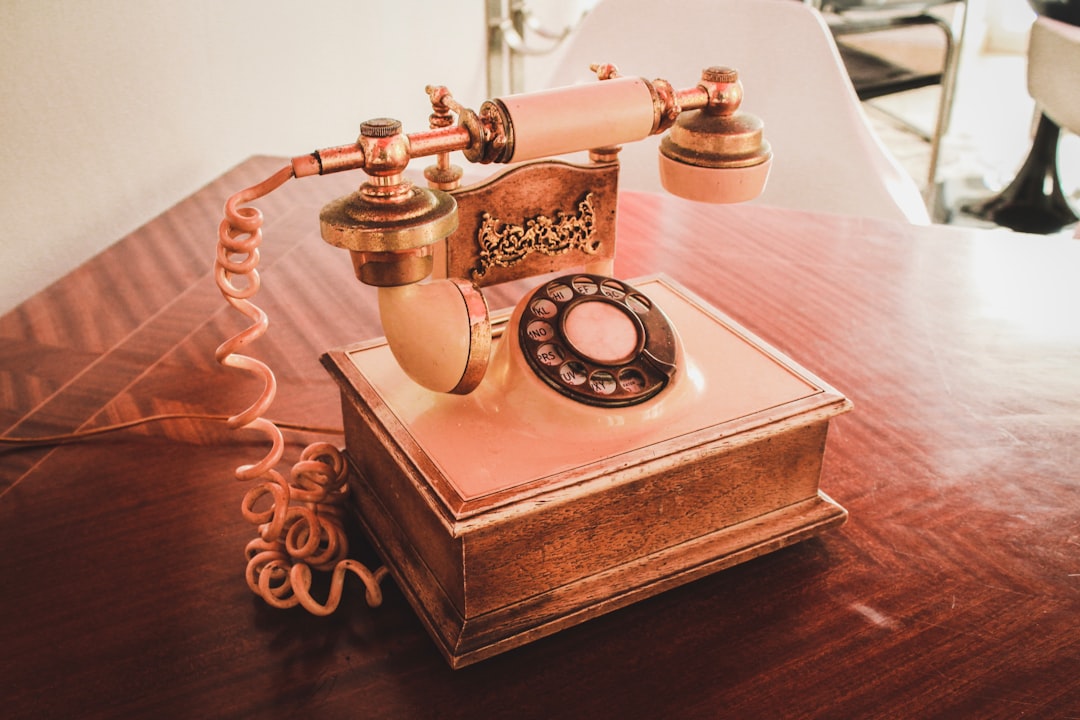Louisiana residents facing unwanted robocalls have legal recourse under state and federal laws, including the Telephone Consumer Protection Act (TCPA). The Louisiana Public Service Commission (PSC) enforces consumer protection regulations, while coordinated efforts between local, state, and federal agencies in Baton Rouge have successfully reduced robocalls. To sue for robocalls in Louisiana, victims must identify violations, collect evidence, and consult a telecommunications law attorney to navigate their rights under relevant laws.
“In today’s digital age, robocalls have become a ubiquitous and often irritating nuisance. The rise of automated telephone systems has led to increased consumer frustration and concerns over privacy. This article delves into the collaborative efforts between federal and state authorities in Louisiana to combat this issue. We explore federal laws targeting robocalls, state-level initiatives in Baton Rouge, and successful enforcement cases. Additionally, we examine legal options for victims considering whether they can sue for robocalls in Louisiana.”
Federal Laws and Regulations Targeting Robocalls

Federal laws and regulations have been implemented to combat robocalls, with the goal of protecting consumers from unwanted automated phone calls. The Telephone Consumer Protection Act (TCPA) is a key piece of legislation that restricts how businesses can use automated dialing systems and prerecorded messages. Under the TCPA, individuals have the right to sue for damages if they receive robocalls without prior consent. This law applies across all states, including Louisiana, where citizens can take legal action against violators.
Additionally, the Federal Communications Commission (FCC) enforces rules related to robocalls, ensuring that phone companies and call centers adhere to guidelines aimed at minimizing consumer nuisance. These regulations provide a framework for holding responsible parties accountable, offering some protection to residents in Baton Rouge and across Louisiana who experience frequent or unauthorized robocalls.
State-Level Action Against Unwanted Calls in Louisiana

In Louisiana, state-level actions against unwanted calls, or robocalls, have gained significant traction. The Louisiana Public Service Commission (PSC) plays a crucial role in enforcing laws pertaining to telemarketing practices and consumer protection. If you’ve received harassing or unauthorized robocalls, it’s important to know that you may have legal recourse.
Louisiana law allows consumers to take action against businesses engaging in intrusive telemarketing activities, including robocalls. Residents who feel their privacy rights have been violated can file complaints with the PSC. Moreover, if a court finds a business liable for illegal robocalls, affected individuals might be entitled to sue for damages, including monetary compensation and injunctive relief, under the Telephone Consumer Protection Act (TCPA). Therefore, for those wondering can I sue for robocalls Louisiana, the answer is yes—state laws and federal regulations provide a framework for holding offenders accountable.
Baton Rouge: Success Stories of Robocall Enforcement

Baton Rouge, Louisiana, has emerged as a case study highlighting successful collaboration between federal and state authorities in combating robocalls. The city’s proactive approach to robocall enforcement has led to significant reductions in unwanted automated calls, providing relief to residents who were previously overwhelmed by these persistent intrusions. Through coordinated efforts, local, state, and federal agencies have worked together to track down and penalize the perpetrators, setting a precedent for other regions facing similar challenges with robocalls.
The success in Baton Rouge demonstrates that effective cooperation can yield tangible results in curbing illegal robocalls. Residents who once considered these calls an unavoidable nuisance now have grounds for optimism, thanks to strict enforcement measures. This has not only empowered individuals to take action against unwanted callers but also encouraged broader discussions on the legal avenues available to those affected by robocalls, including exploring whether one can sue for robocalls in Louisiana and beyond.
Legal Recourse for Victims: Can You Sue in Louisiana?

In Louisiana, victims of robocalls have legal recourse and may be able to take action against the perpetrators. The first step is to identify the source of the calls and determine if they violate any state or federal laws, such as the Telephone Consumer Protection Act (TCPA). If a robocall violates these regulations, individuals can file a complaint with the Federal Communications Commission (FCC) or take legal action in civil court.
Suing for robocalls in Louisiana involves gathering evidence of the calls, including call logs and recordings, to establish a pattern of unwanted contact. Victims may seek damages for each violation, which can include actual costs incurred and statutory penalties. It’s advisable to consult with an attorney specializing in telecommunications law who can guide individuals through the process and help them understand their rights under Louisiana and federal laws pertaining to robocalls.






